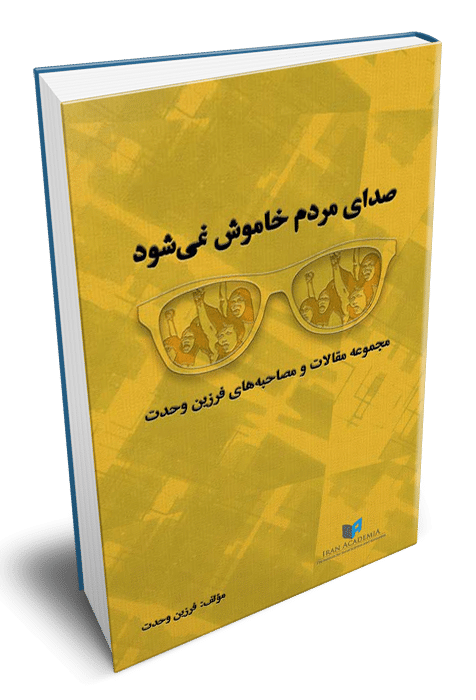The collection of papers and interviews is part of my ongoing study on Iran and modernity, which began in 2001. Modernity is such a complicated issue that there is little consensus among scholars on what it is, how it is defined, and why it is defined the way it is. However, a blueprint for modernity and its roots may be produced with the aid of the concepts provided in Critical Theory and the Frankfurt School, which include the ideas of Kant, Hegel, Adorno, Horkheimer, and Habermas. According to this viewpoint, a society enters the depths of modernity when a significant percentage of its members develop individual subjectivity and demand it not just for themselves but for all members of society.The agency of a person can be regarded as subjectivity. Few individuals considered themselves subjects in the pre-modern world. People were usually weak-willed, ironic, and burdensome in every aspect at the time, lethargic, bossy, weak, sedentary, lacking in discipline, and in a word, passive. People gain more or less the opposite features of ancient times in the modern era, such as the will, the self, the basic, the self-centered, hegemony or anti-hegemony, mobility, power, ability, and discipline, or, in a word, agency. And then there’s action.


